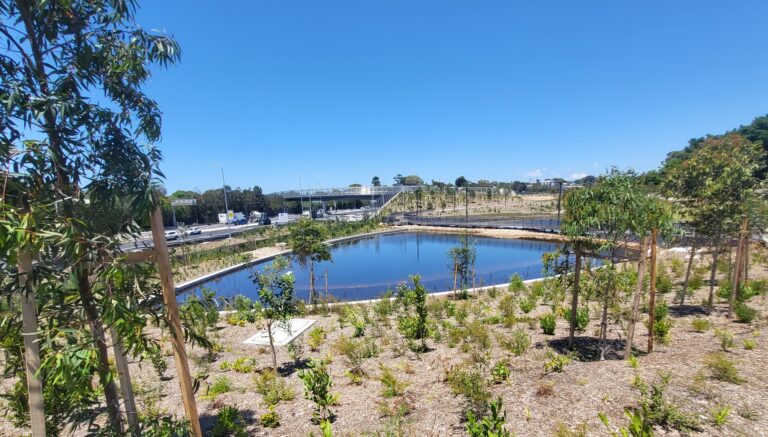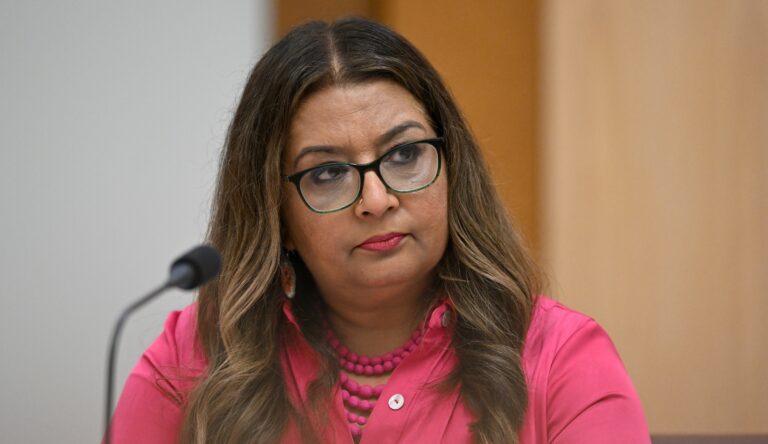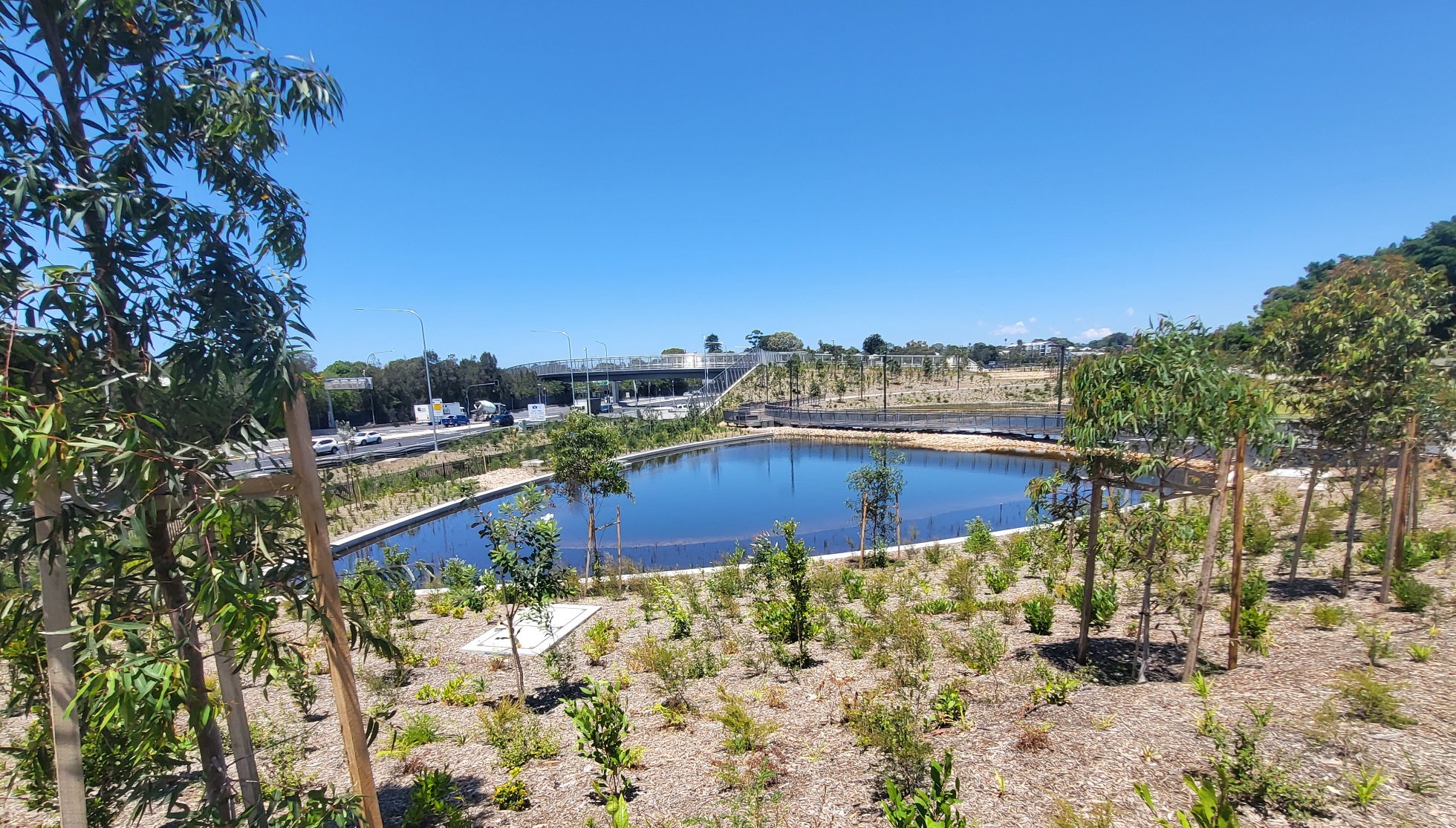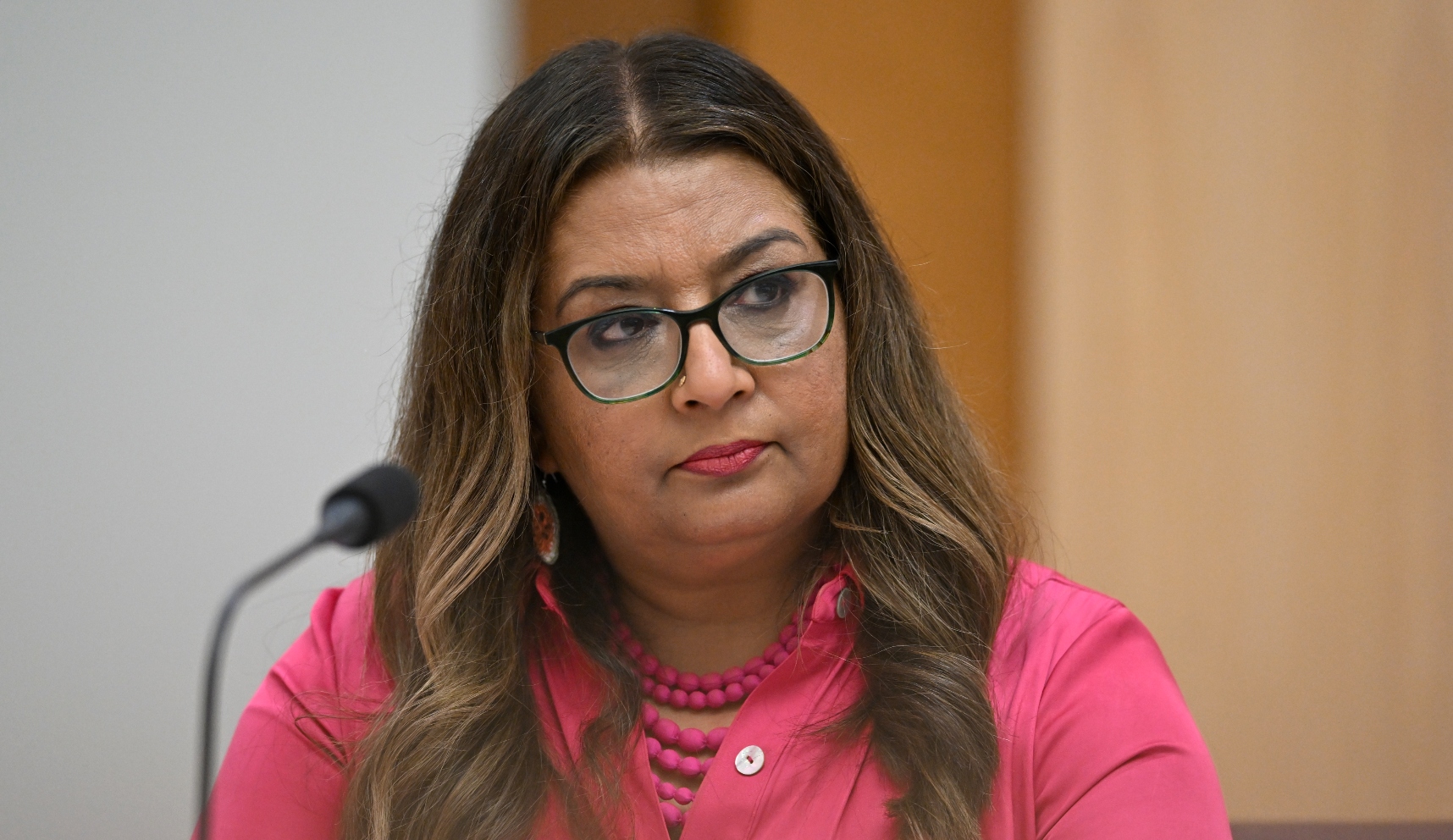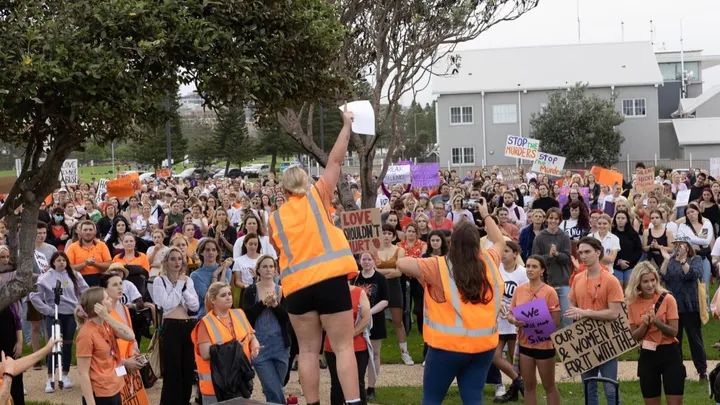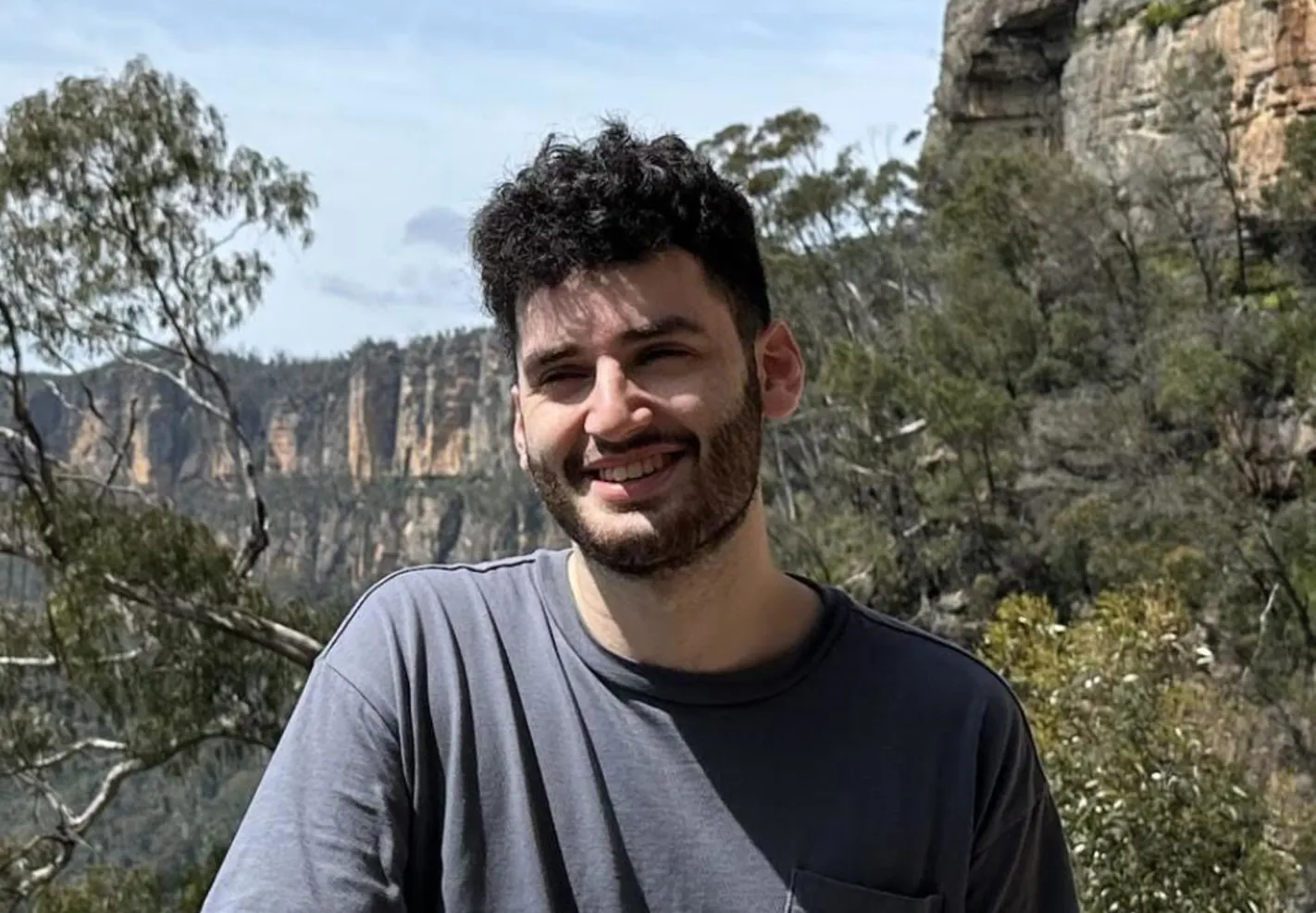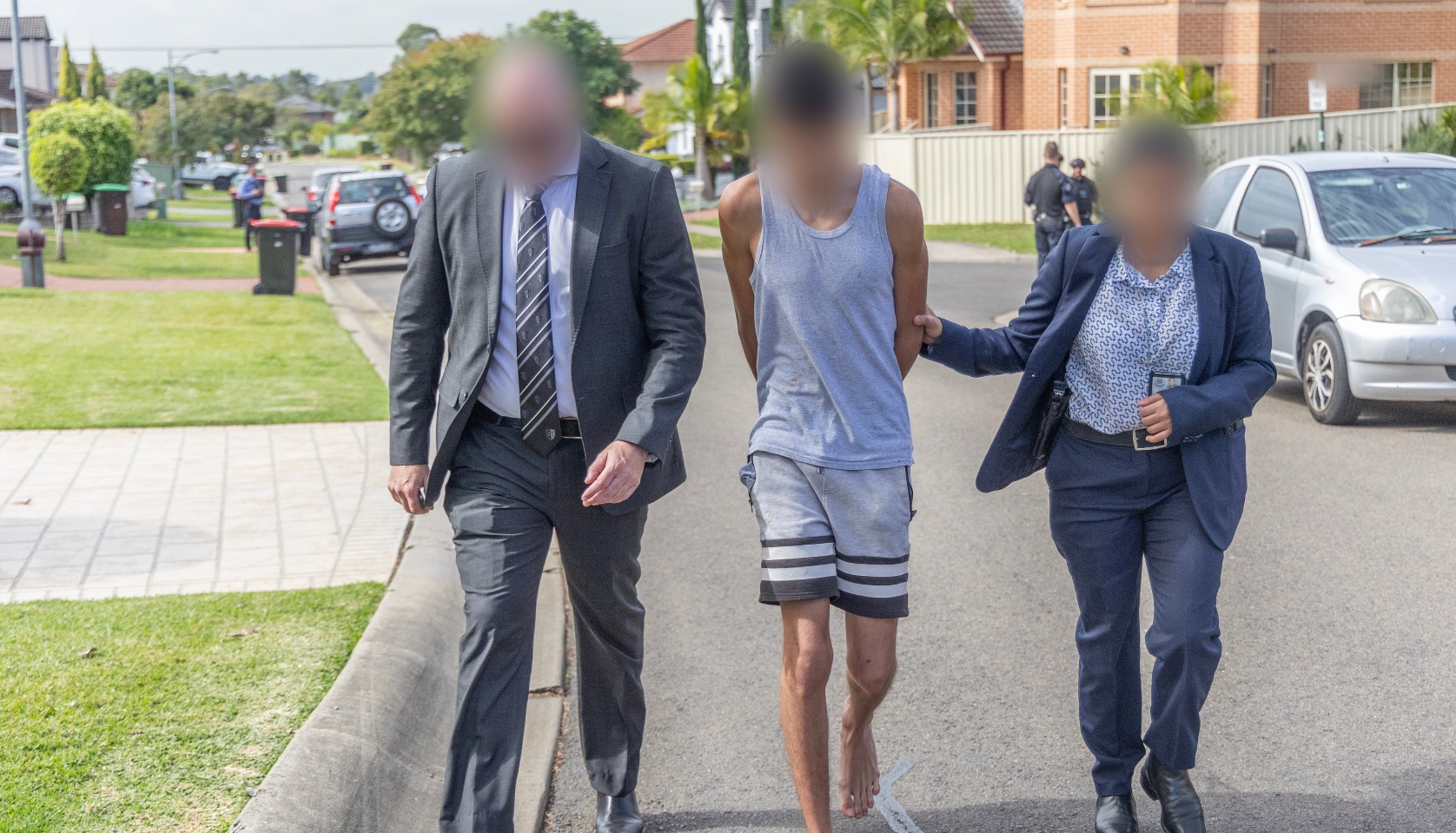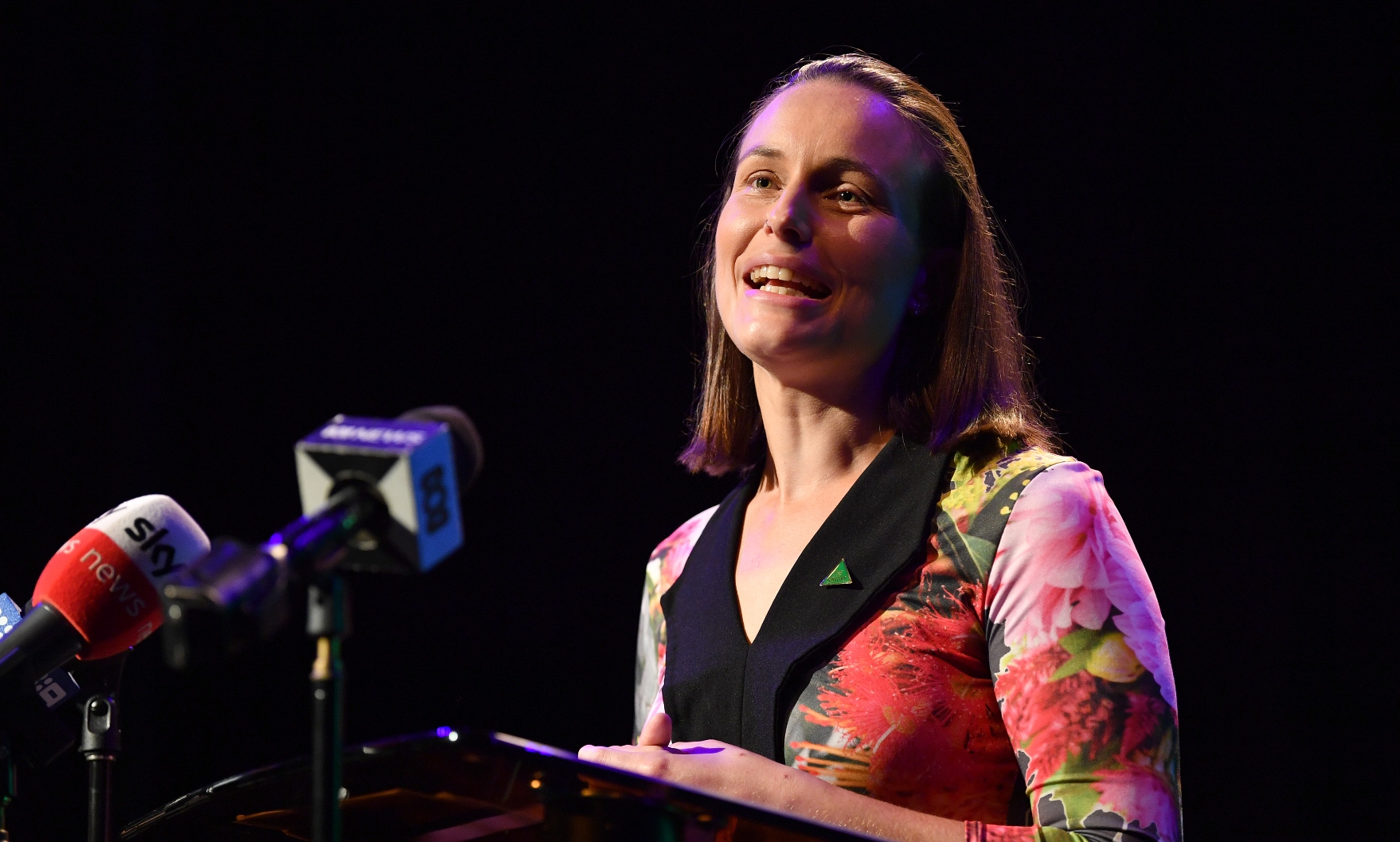
Opening up conversations around sex education in Australian schools
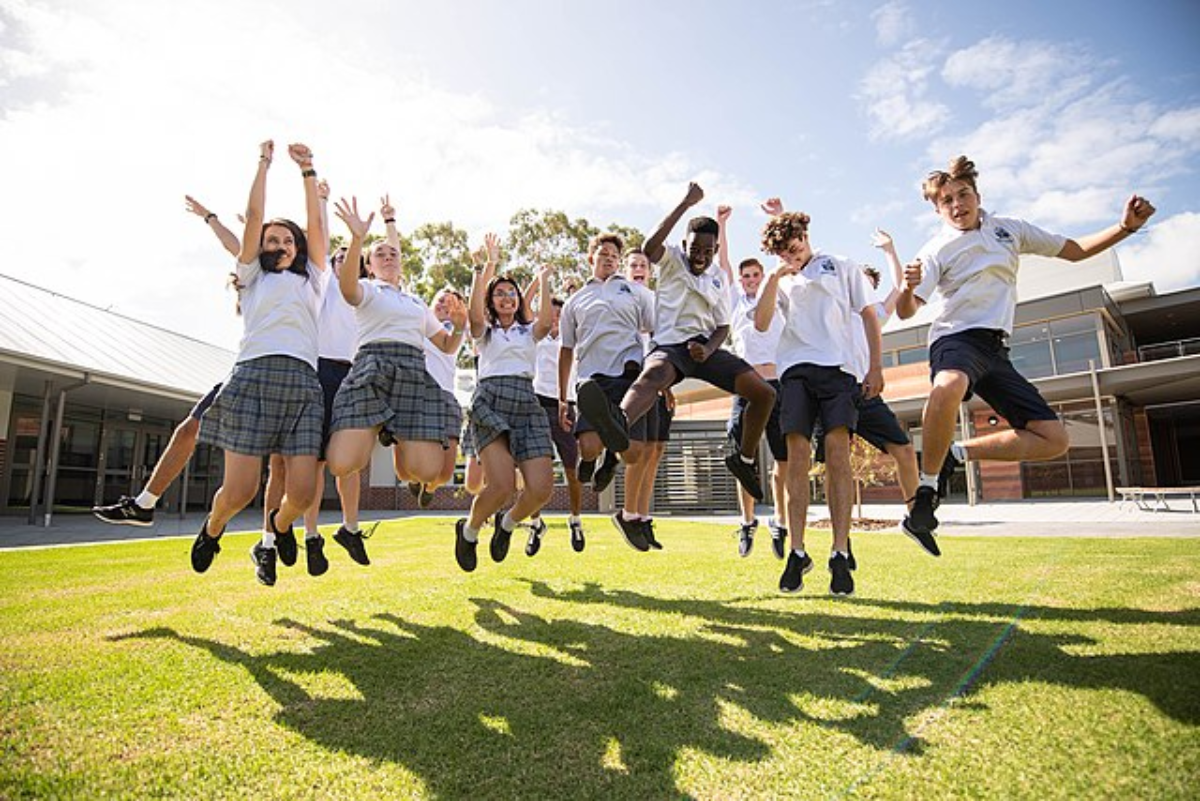
Image: The discussion of a better sex education curriculum has been continuously debated. Image: Wikimedia Commons
By TILEAH DOBSON
Australian schools and sex education have a complicated and long history and many are wondering whether this is something for parents to tackle or should it be left to teachers.
Since the AIDs and HIV pandemic back in the early 1980s, programs that focused on the prevention of sexually transmitted infections (STIs) had students putting condoms on a banana.
And while lessons such as these, learning about puberty, safe sex, and menstruation are important, information on gender identity, sexual pleasure, consent, and overall reproductive health was left behind.
Thankfully, these points and the more modern issues young people face today are changing.
According to Sex Education Australia, young Australians between Years 8-11 want to learn more about consent. They want to learn how to build a positive consent culture and understand the facts behind coercion and power imbalances.
Research conducted by Curtin University interviewed 2,472 Australian parents and showed that regardless of their religious or political affiliation, they want sex education taught in schools. This includes topics such as gender identity and sexual pleasure.
Giving A Clearer Guidance
With the subject losing its taboo nature, experts like Dr Melissa Kang spoke with City Hub about the importance of delivering comprehensive sex education to young Australians.
Dr Kang is an adolescent health expert who agrees that while Australia, the states, and territories generally have a sound and appropriate base for high schoolers’ sex education, “comprehensive sex ed requires more than just a good curriculum.”
“It requires whole-of-school approaches and strong support, backed by school policies, from the school leadership,” she said.
“Sexuality and sex are part of humanity and there is scope for respectful discussions about beliefs, attitudes and values while still giving students information that is evidence-based and scientific.”
“Appropriate content includes: from Kindergarten to Year 10 or 12, students should be given age-appropriate information about: bodies, bodily autonomy, consent, safety, respect, diversity, communication, puberty, sex and relationships, pregnancy and how to prevent it, STIs and how to prevent them, where to go for health advice and how to access it/ healthcare.”
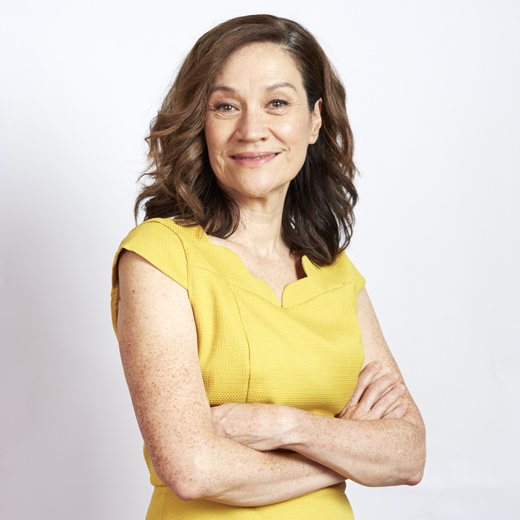
It is her opinion that denying or withholding knowledge about sex, relationships and sexuality from young people “goes against their right to knowledge.”
“Teaching about sensitive topics such as sex itself, sexual relationships, pregnancy prevention, STIs should not be withheld – these topics are based on evidence and science, further, young people see/ have exposure to sex in myriad ways – movies, literature, streaming shows, music, MTV, online porn, the adults in their lives etc – and deserve to know more about it,” she said.
Needs To Be Judgement Free
A sentiment that is shared by Head of Education at Body Safety Australia, sexologist, Lauren French who told City Hub that as “education evolves and our understanding of sexuality and sexual health expands, we can always do better for young people.”
“Sex education needs to be inclusive, sex-positive and judgement free, the issue isn’t always within the curriculum,” she said.
“We know teachers are completely overstretched with the curriculum as it is, and not everyone is comfortable or in a position where they can give young people the best sex education they deserve.”
“Many teachers are inadequately trained to teach some of the content, but outsourcing to external trainers is also not appropriate except for occasional guest speakers to reinforce or add to curriculum-driven, teacher and school-supported education,” Dr Kang agreed.
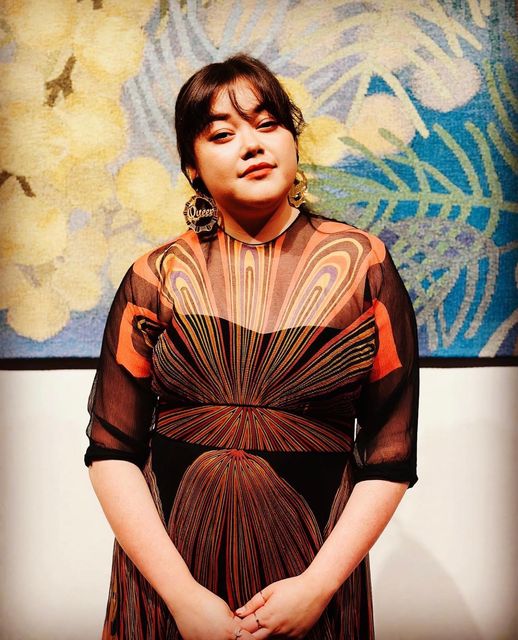
International research has strongly shown that schools should teach a range of sexuality-related topics, with an emphasis on personal well-being. In order to give young people and children a healthy, safe, and high-quality relationship and sexuality education, the Conversation stated that it should include:
-
Naming all parts of the body without shame
-
Developing a healthy body image
-
Gender stereotypes and the issues they cause for people
-
Understanding the social, physical and emotional changes that we undergo as a part of puberty
-
LGBTQ+ diversity and affirmation
-
Safe and reliable places to get support or further information
-
How to engage in safe sexual practices and maintain healthy relationships
-
Safely navigate online spaces, along with understanding the impact pornography has on how people see sex
When Should It Start?
The Curtin University research also asked the parents surveyed when should each topic be introduced and at what age, with a majority signaling that a small number of topics can be taught in primary school. The major topics should be reserved for secondary school.
The topics that could be introduced in primary school include personal boundaries, bodily autonomy, personal safety (child abuse prevention), and changes the body goes through with puberty.
When it comes to teaching these topics in primary schools, both experts agree, with French stating that “when I do consent education with 5-year-olds, it’s not about sex, but they’re still learning the fundamentals they need for their friendships and future romantic partners.”
“When we teach young people about respect and empathy, we don’t need to be talking about sexual acts for those lessons to still play a crucial role in their future sex lives. So often we wait for things to happen before addressing them with young people,” she said.
“So, we wait for someone to get their period before explaining what it is, or why it’s okay. I’m slightly biased as I work in prevention education, but I think parents need to start thinking about how all the early conversations help before the big moments come.”


